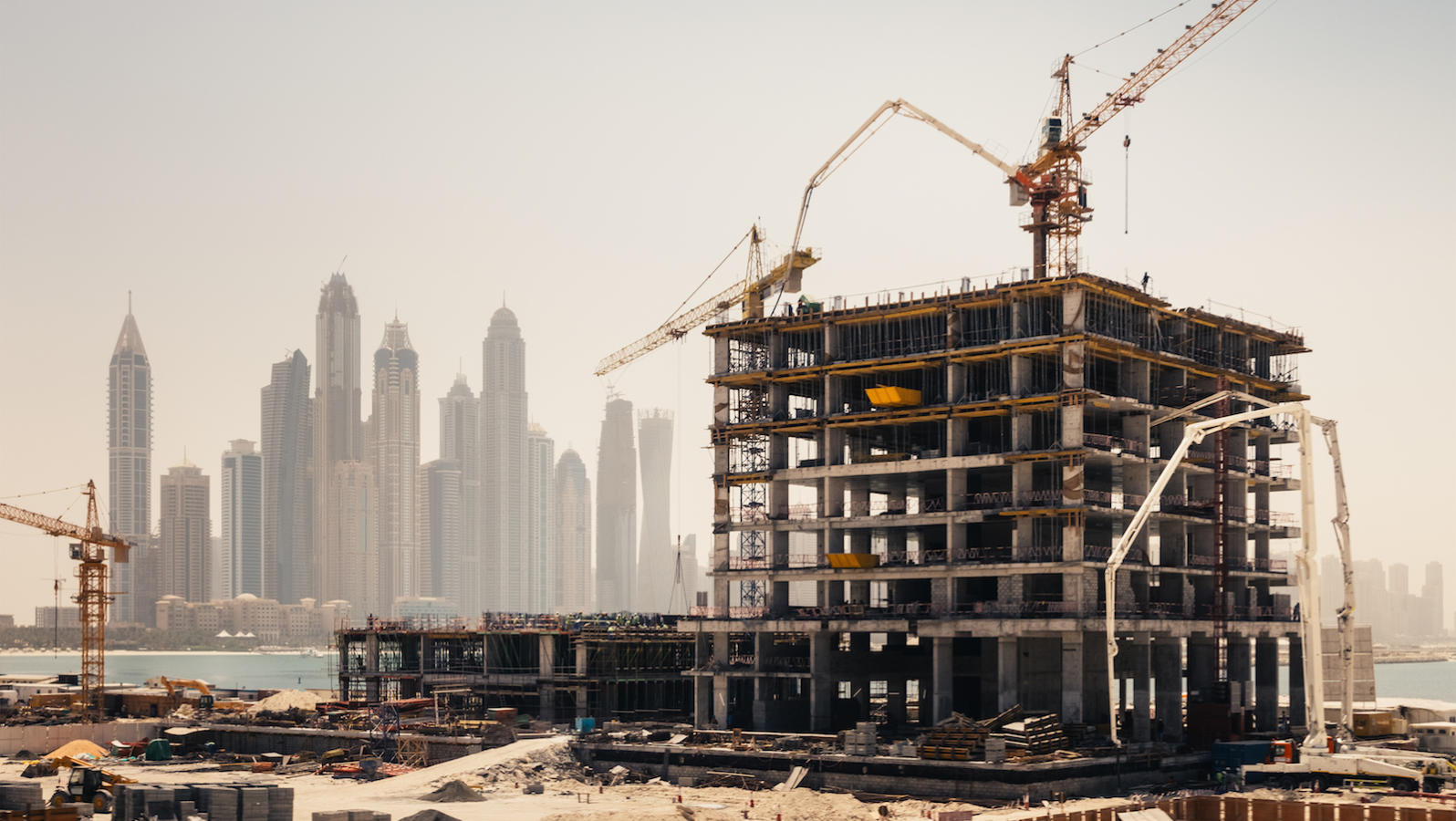Commentary on Parashat Noach, Genesis 6:9 - 11:32
On a recent visit from his new home in Dubai, my cousin explained why there are so many conflicting reports in the media about the eventual height of the “Dubai Tower” currently being built there. It seems the rulers are concerned that another country will simply build something a few meters higher, preventing the tower from remaining in the position of “world’s tallest.” I wonder if the leaders of the United Arab Emirates ever said “come, let us build a city, and a tower with its top in the sky, to make a name for ourselves (Genesis 11:4).” Their competitiveness indicates the same idea as the descendants of Noah at the end of this week’s Torah portion.
What’s So Bad About A Tower?
The Torah doesn’t answer this question directly; instead, it relates only that God sabotaged the tower by giving the workers different languages so that they could not communicate. The midrash in Pirkei d’Rabbi Eliezer attempts to fill in the gap. The tower, it says, was to be the pinnacle of achievement for a tyrannical despot who instilled in his people a set of disturbing values.
This ruler, Nimrod, had achieved his position of worldwide dictator through might and violence. He wanted to build the tower so that he, rather than God, could have total control of Heaven and Earth. The construction reflected this corrupt value system: it was said that if a worker fell off the tower, people hardly noticed, but if a brick fell, everyone wept. One can see that, in the midrash’s perspective, the project represented a complete perversion of priorities, valuing development over human life.
Workers’ Rights at Play
The same is true throughout much of the world. To use the U.A.E. as our example, it is a country with a towering economy that is kept intact by its migrant labor force which makes up as much as 80% of the country’s population. These “guest workers” do not have the opportunity to become citizens and have little political representation or access to social aid. They are the manual labor used for extravagant development projects rising out of the desert. They are employees who are denied access to the protections and generous benefits the oil-exporting state gives its citizens. Issues of immigrant labor forming the backbone of the workforce while being denied basic rights are familiar to countries around the world, including the United States.
The Torah indicates a second problem with Babel-esque development. It says that the people built the tower “to make a name for ourselves (Genesis 11:3-4).'” The builders had reputation and status on their agenda. The midrash adds that cultivating a reputation, “a name,” is usually accompanied by inequality at the deepest level. Nimrod’s project–like Dubai’s–required enslavement of his people and abject inequality, all in the service of ego, arrogance and narcissism.
It is clear that these two towers were built with values contrary to sustainable, ethical progress. In the Jewish global justice movement, we toss around the word “development” a lot. Let our Torah portion help us to define “global development,” to teach us to distinguish between development that serves humanity and development that only benefits the wealthy or the ego. True development means building an irrigation system, helping farmers have a more consistent crop; building roads to provide rural people with access to education and medical care; building schools, centers of worship, community.
The midrash ultimately answers the question that the portion presents: why did God destroy the tower? Why does God love (and even demand) some development but hate (and even destroy) others? The Jewish definition of development is that which is done for the sake of human and social betterment. This is why AJWS supports organizations dedicated to equality, health, access to resources and justice. When development is unsustainable, when it only benefits the rich and powerful, or when it becomes valued above life, it is development for its own sake, not true development at all.
Provided by American Jewish World Service, pursuing global justice through grassroots change.
Torah
Pronunced: TORE-uh, Origin: Hebrew, the Five Books of Moses.



